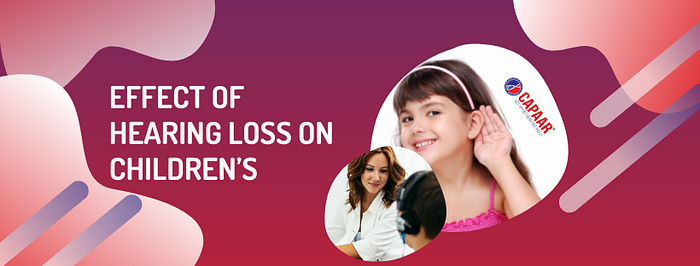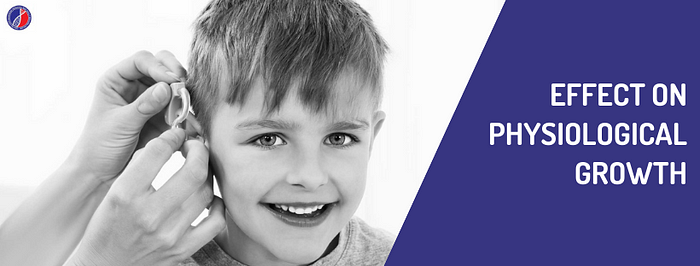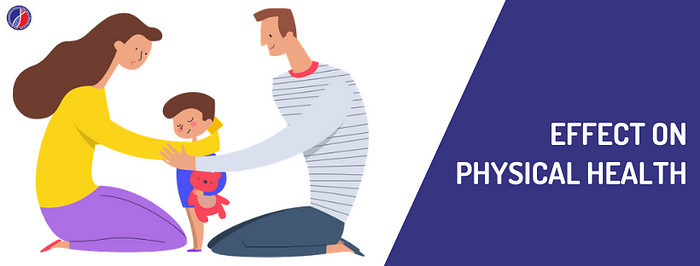How hearing loss can affect the physical and psychological growth of a child | Capaar | Best Autism Centre Bangalore

Best Audiologists in Bangalore | Dr. P. Sumitha Hemavathy (PT) is widely recognized as one of the Best Audiologists in Bangalore, offering advanced technology and personalized hearing treatments. After my last blog, I received numerous queries regarding the physical and psychological development of children with hearing loss. In today’s article, I will delve into how hearing loss impacts a child’s overall growth — both physically and emotionally. Early diagnosis and intervention, often guided by specialists like the Best Autism Doctor in Bangalore, can make a significant difference in a child’s developmental journey.
Hearing loss includes a range of consequences depending on the type of hearing loss. In the case of children, if the hearing loss is by born or it starts within the age of 7 then it leaves a long-term effect on the child’s psychological and physical growth.
Effect on Physiological growth

The process of child development is they learn what they see and hear. So, if your child is not able to hear properly then he starts performing cognitive tasks by only seeing and without understanding. As a result, you might see a delayed development of receptive and expressive communication skills.
Let’s jump into a bit deep.
- The development of vocabulary related knowledge become slower for children with hearing loss. Here what happens, such children catch up the concrete worlds like ‘jump,’ ‘car,’ ‘red,’ with greater ease but find difficulties to learn the abstract words like ‘before,’ ‘after,’ and function words like ‘the’, ‘an,’ ‘a.’ Netheirly that their vocabulary gap also includes the little understanding, or even no understanding of work with multiple meaning’, e.g. ‘bank.’
- Do you know, the speech sounds ‘S’, ‘Sh’, ‘f’, ‘K’, and ‘t’ need a more concentrated hearing to be learned? Yes, these sounds seem to be difficult for your child, if he has hearing loss. As in such cases, children try to learn by following the lip movement, they can’t recognize the difference between these sounds.
- Not only that as, but the hearing loss also make it difficult for your child to hear others, he feels the same while he speaks. This makes his voice louder and of the greater pitch. But due to the vocabulary gap and excessive pitch, the speech might be like mumbling.
- Sentence Structure. As hearing loss makes the children learn the complex and compound sentences to they find difficulties in expressing themselves in front of others. They remain limited to simple sentences. Even they find it difficult to understand the end of the sentences with ‘S’ or ‘ed’.
- Academic Achievement. This is the area that experiences the most negative effect of the physiological development lack for a child with hearing loss. Reading and mathematical concept development become a major concern in this case.
- Social Functioning. Lack of speaking and understanding ability, after a certain age, children start feeling uncomfortable in front of other people. In most of the cases, we see that after the age of 7, such children keep themselves isolated in schools, playgrounds, and other social places. This affects their social skills development also. Finally, these lead to severe behavioral problems. Even your, child might get into depression.
Effect on Physical Health

While the impact is severe on psychological development, we can’t overlook the effects on physical development either. A lack of hearing ability leads to a reduced quality of life, which directly affects the overall wellbeing of children. For example, if your child picks up something from the street or floor and tries to eat it, you would naturally stop them. However, due to hearing difficulties, your child may not fully comprehend your warning — leading to the possibility of repeating the same action. At the Best Autism Centre in Bangalore, we focus on early intervention and comprehensive care to address such challenges, ensuring your child’s development is nurtured both physically and mentally.
Apart from these, in 10% of cases, your child might experience occasional headaches, muscle tension, and fatigue.


Comments
Post a Comment